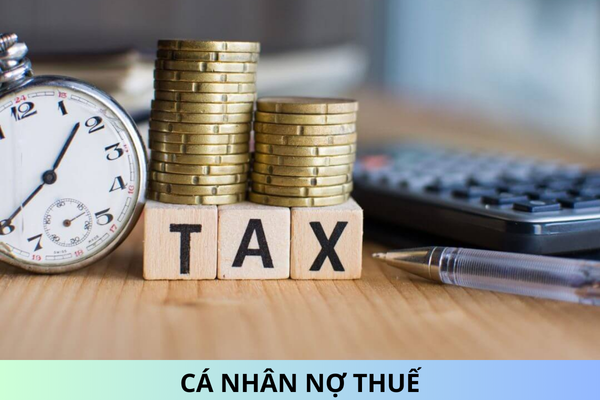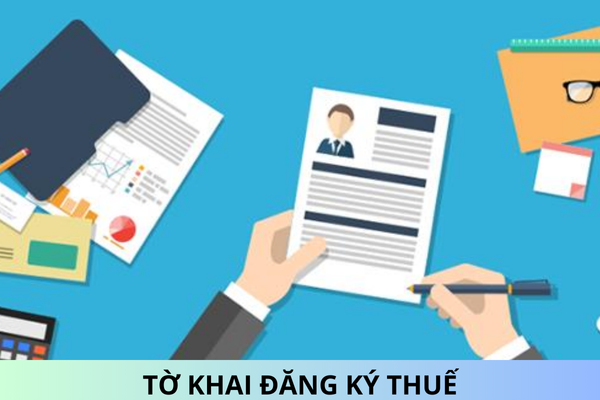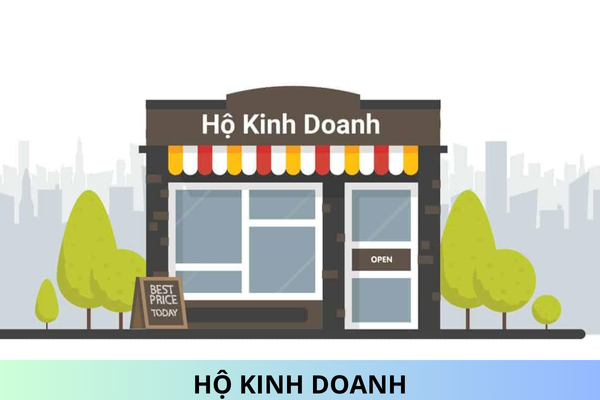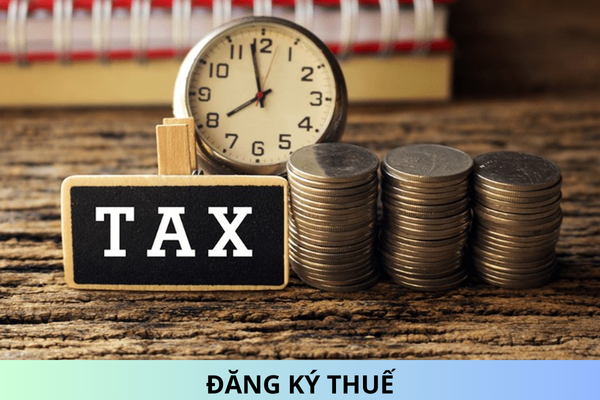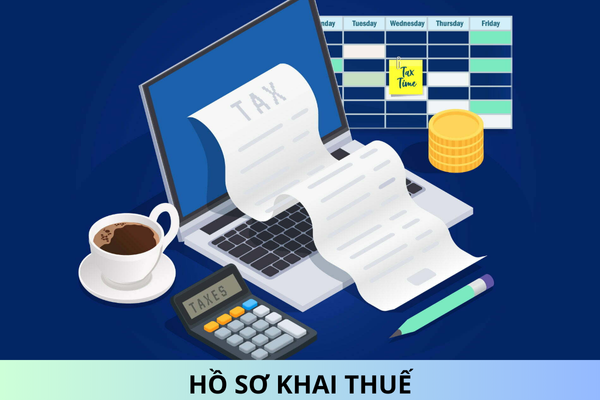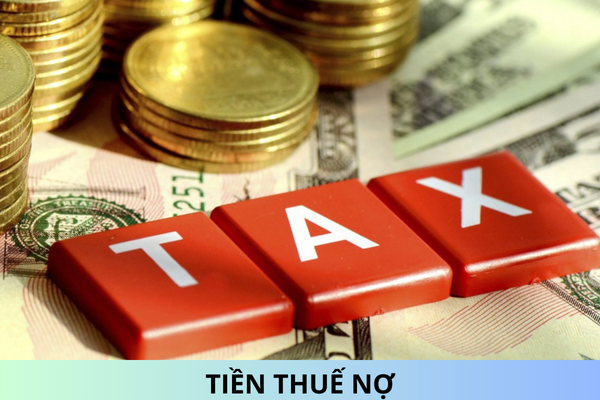If employees use all of advance to perform the job, can it be deducted from their salary in Vietnam?
If employees use all of advance to perform the job, can it be deducted from their salary in Vietnam? Can employees receive salary advance to use for Tet holiday in Vietnam? What are regulations on rights and obligations of employees in Vietnam?
Hello, let me ask you, I am working at a construction company, recently the company gave me 1 billion VND to buy construction materials. However, because I accidentally spent money on betting, I don't have money to buy the required materials from the company. Can you tell me if I have been deducted from my salary for the money I have used?
Please advise. Thankyou
If employees use all of advance to perform the job, can it be deducted from their salary in Vietnam?
In Clause 1, Article 22 of Circular 200/2014/TT-BTC, there are regulations on rules for accounting when making advances as follows:
a) This account is used to record advances of an enterprise paid to employees in the enterprise and payment of those advances.
b) Advance is an amount or material given to receivers to do business or deal with any approved tasks. The receivers must be employees working at the enterprise. The regular receivers (working in department of material provision, administration) must be appointed by Director in writing.
c) The receiver (individual or group) must take responsibility for received advance and use the advance for proper purposes and approved tasks. If the received advance is unused or remained, it is required to repay to the fund. The receiver shall not transfer the advance to others.
When finishing the tasks, the receiver must make an advance payment sheet (enclose with original documents) to pay fully received advance, used advance or difference between received advance and used advance (if any). If the unused advance is not repaid to the fund, the receiver's salary shall be deducted. If the expenditure is greater than the received advance, the enterprise shall give additional expenditure on the deficiency.
d) The advance of this tax period is only received if the advance of previous tax period is settled. The accountant must keep records of receivers, receiving and payment of advances.
Pursuant to current regulations in Vietnam, in case the unused advance is not repaid to the fund, the accountant is entitled to deduct it from the receiver's salary. In your case, because you used the money not for the purpose that the company requested. Therefore, you may be deducted from your salary by the accountant to make up for the amount you have received from the company.
Can employees receive salary advance to use for Tet holiday in Vietnam?
Article 101 of the Labor Code 2019 provides for salary advances as follows:
1. An employee may receive an interest-free salary advance in accordance with conditions agreed on by the two parties.
2. The employer must make the advance payment to the employee for the number of days the employee temporarily leaves his/her work in order to perform duties of citizens for a period of 01 week or longer, but the advance shall not exceed 01 month’s salary. The employee must reimburse the advance.
An employee who is conscripted in accordance with the Law on Conscription may not receive salary advance.
3. When taking annual leave, an employee shall receive an advance payment of at least salary for the entitled days of leave.
According to this Article, employees can still get advance salary to use for Tet holiday if they can reach an agreement with the employer in Vietnam.
What are regulations on rights and obligations of employees in Vietnam?
Article 5 of the Labor Code 2019 provides for rights and obligations of employees as follows:
1. An employee has the rights to:
a) work; freely choose an occupation, workplace or occupation; participate in basic and advanced occupational training; develop professional skills; suffer no discrimination, forced labor and sexual harassment in the workplace;
b) receive a salary commensurate with his/her occupational skills on the basis of an agreement with the employer; be provided with personal protective equipment and work in an occupationally safe and healthy environment; take statutory sick leaves, annual paid leaves and receive collective welfare benefits;
c) establish, join an representative organization of employees, occupational associations and other organizations in accordance with law; request and participate in dialogues with the employer, implementation of democracy regulations and collective bargaining with the employer; receive consultancy at the workplace to protect his/her legitimate rights and interests; participate in management activities according to the employer’s regulations;
d) refuse to work if he/she finds that the work directly threatens his/her life or health;
dd) unilaterally terminate the employment contract;
e) go on strike;
g) exercise other rights prescribed by law.
2. An employee has the obligations to:
a) implement the employment contract, collective bargaining agreement and other lawful agreements;
c) obey internal labor regulations, the lawful management, administration and supervision by the employer;
c) implement regulations of laws on labor, employments, vocational education, social insurance, health insurance, unemployment insurance, occupational safety and health.
As such, employees will have the same rights and obligations as above in Vietnam.
Best Regards!
